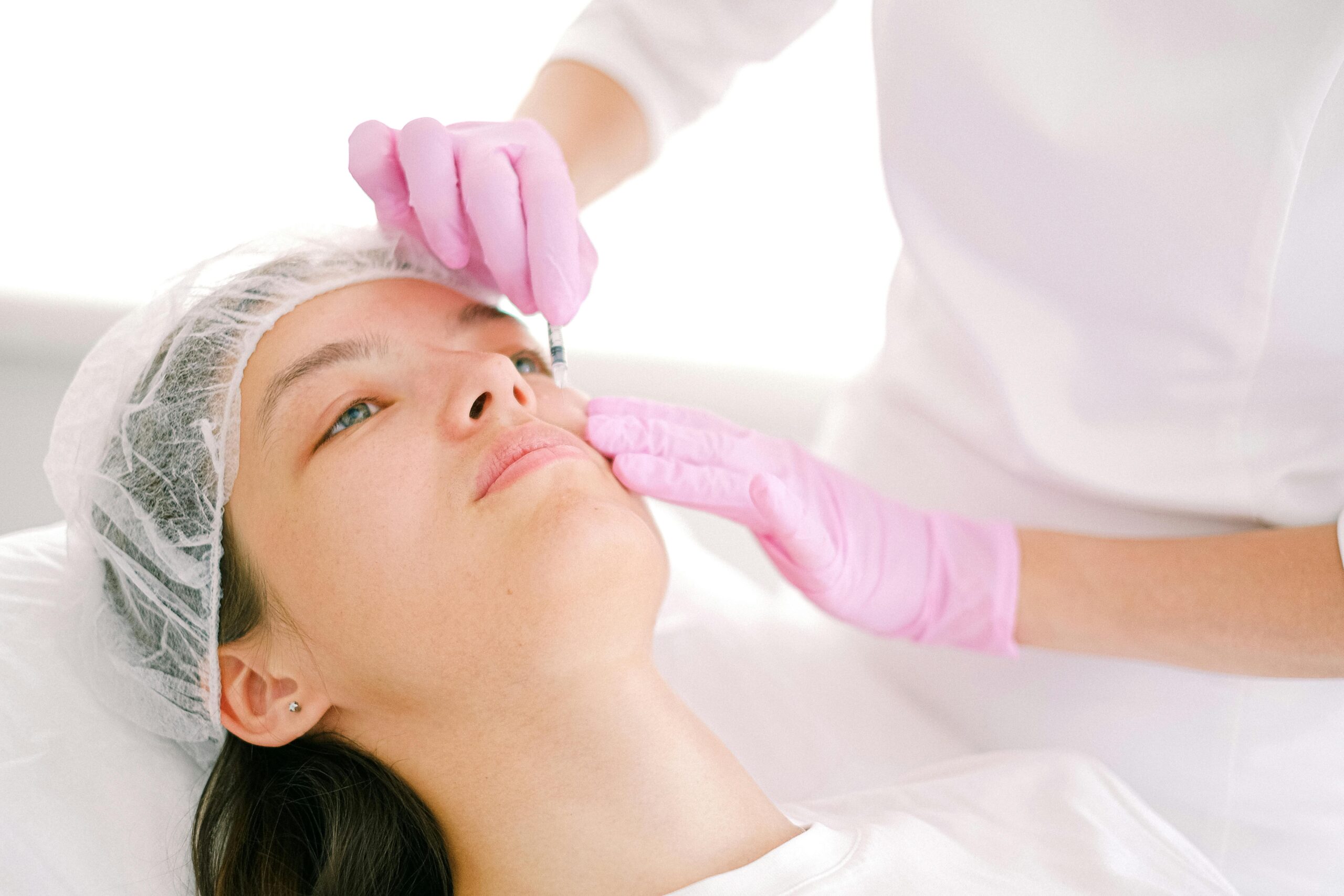Table of Contents
We all have minor skin issues here and there but when is it time to see a dermatologist? Your skin’s health is crucial, and knowing when to seek professional help can make all the difference and avoid permanent scarring.
From persistent acne to sudden rashes, there are clear signs that you should consult a dermatologist. Don’t wait until it’s too late, early intervention can prevent more serious issues.
In this article, we’ll cover the key indicators that it’s time for you to schedule that appointment and take control of your skin’s health.
Understanding Skin Health
The Importance of Skin Health
Skin health impacts your overall well-being. Healthy skin acts as a barrier against infection and environmental damage. It regulates your body temperature and assists in vitamin D synthesis.
Common Skin Conditions
Several skin conditions may necessitate a visit to a dermatologist. Examples include:
- Acne: Persistent or severe acne may require professional treatment.
- Eczema: Chronic eczema can lead to discomfort and skin damage.
- Psoriasis: This autoimmune condition causes itchy, scaly patches.
- Skin Cancer: Early detection of melanoma and other skin cancers is crucial.
Signs Your Skin Needs Professional Attention
You may need to consult a dermatologist if you observe:
- Persistent Rashes: Rashes that do not improve with over-the-counter treatments.
- Changes in Moles: Any change in size, shape, or color of moles.
- Severe Itching: Itching that disrupts your daily activities.
- Unexplained Lesions: New or changing lesions on your skin.
Also, make sure you keep your routine at its best to eliminate any environmental factors outside of the actual condition you’re going in for such as:
- Sun Protection: Use sunscreen daily to protect against UV damage.
- Hydration: Drink plenty of water and use moisturizers to keep your skin hydrated.
- Healthy Diet: Consume foods rich in vitamins and antioxidants to support skin health.
When to Consult a Dermatologist
Recognize the signs that indicate a need for professional skin care. Here are specific conditions and changes that warrant a visit to a dermatologist.
Persistent Skin Conditions
Consult a dermatologist if you experience persistent skin issues like acne, eczema, or psoriasis. These conditions may require specialized treatment to manage effectively.
Sudden Changes in Skin
Seek professional help for sudden skin changes such as new rashes, severe itching, or unexplained lesions. Early intervention can prevent these conditions from worsening.
Skin Cancer Concerns
Visit a dermatologist immediately if you notice changes in moles, new growths, or any signs of skin cancer. Timely detection significantly improves treatment outcomes.
Preparing for Your Dermatologist Visit
Prepare for your dermatologist appointment to make the most of your consultation.
What to Bring
- Your medical history: Include past skin conditions and treatments.
- List of medications: Include supplements and over-the-counter drugs.
- Photos of skin issues: Include images taken over time to show changes.
- Insurance information: Include your insurance card and any pre-authorization forms.
Remember to Ask About
- Your diagnosis: Understand the specific skin condition you have.
- Treatment options: Learn about available treatments and their effectiveness.
- Side effects: Understand potential side effects of treatments.
- Lifestyle changes: Learn how diet and skincare routines can help your condition.
Benefits of Professional Dermatological Care
Expertise and Accuracy in Diagnosis
You benefit from a dermatologist’s extensive knowledge and training. They accurately diagnose a range of skin conditions, from acne to skin cancer, ensuring you receive the correct treatment.
Access to Advanced Treatments
Dermatologists provide access to advanced treatments and procedures. You can receive therapies like laser treatments, chemical peels, and prescription medications that are not available over the counter.
Personalized Treatment Plans
You receive a treatment plan tailored to your specific skin needs. Dermatologists consider your skin type, medical history, and lifestyle to craft a plan that maximizes effectiveness.
Early Detection of Serious Conditions
Regular visits to a dermatologist enable early detection of serious skin conditions. Early intervention can prevent the progression of diseases like melanoma, significantly improving outcomes.
Skin Health Education
You gain valuable education on maintaining skin health. Dermatologists offer advice on skincare routines, sun protection, and lifestyle changes that promote healthy skin.
Conclusion
Remember, an ounce of prevention is worth a pound of cure. Your skin’s health is crucial for your overall well-being. Don’t hesitate to consult a dermatologist if you notice any persistent issues or changes. Early intervention can make a huge difference. Trust in their expertise to keep your skin healthy and vibrant.
Frequently Asked Questions
When should I see a dermatologist?
See a dermatologist if you have persistent acne, chronic eczema, psoriasis, or notice changes in moles, severe itching, unexplained lesions, or sudden rashes. Early intervention can prevent serious skin issues and permanent scarring.
Why is early intervention important for skin health?
Early intervention helps prevent the worsening of skin conditions and can improve treatment outcomes. Timely detection is crucial, especially for conditions like skin cancer.
What are the benefits of professional dermatological care?
Professional care offers accurate diagnosis, access to advanced treatments, and personalized plans. Dermatologists can detect serious conditions early and provide education on maintaining skin health.
How can I prepare for a dermatologist visit?
Bring your medical history, a list of medications, photos of skin issues, and insurance information. Prepare questions about your diagnosis, treatment options, side effects, and lifestyle changes that could benefit your skin.
What proactive measures can I take to maintain skin health?
Regular check-ups, daily sun protection, hydration, and a healthy diet are essential for maintaining skin health. These measures help keep your skin functioning as a barrier against infection and aid in vitamin D synthesis.




[…] seek professional help if you experience persistent skin issues related to stress. Dermatologists specialize in skin […]